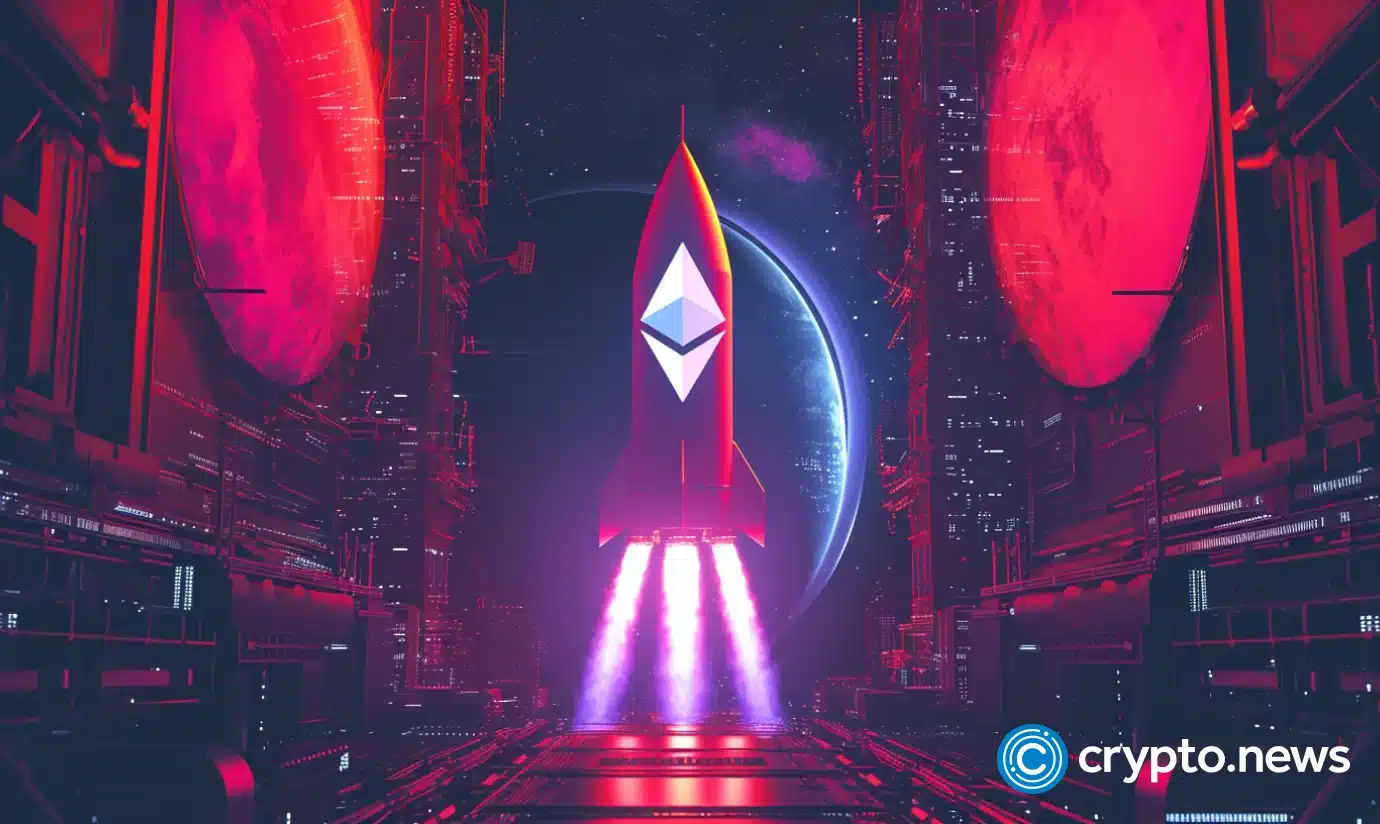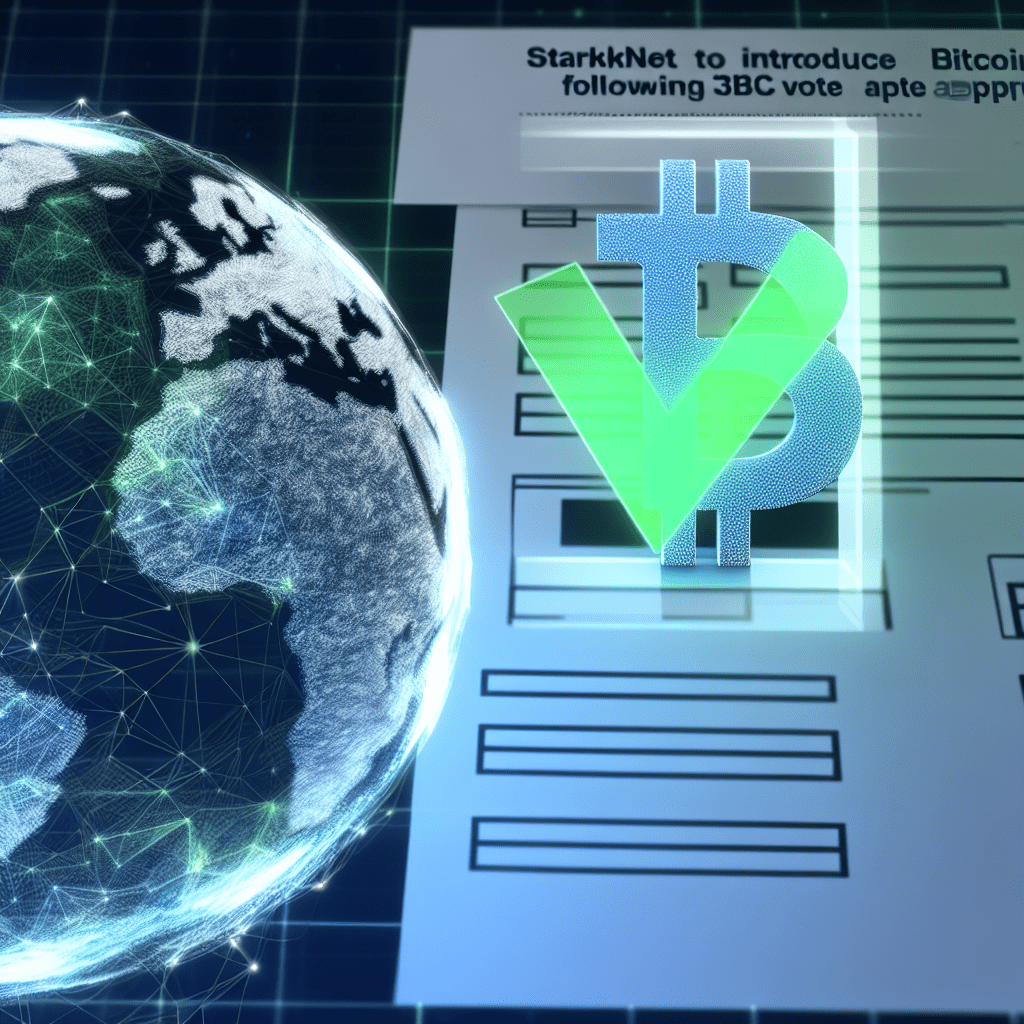
Starknet is preparing to launch Bitcoin staking after its community approved Starknet Improvement Proposal 31.
Summary
- On August 21, Starknet ratified SNIP-31, paving the way for Bitcoin staking and governance rights.
- Bitcoin will hold up to 25% of staking influence, while STRK will maintain majority control.
- This enhancement broadens Bitcoin’s DeFi presence on Starknet, although STRK dropped by 6.2% afterwards.
Starknet (STRK) is set to introduce staking for Bitcoin (BTC) on its Layer 2 network following the approval of SNIP-31 on August 21. This proposal provides a framework for Bitcoin holders to stake tokenized assets on Starknet and participate in its consensus mechanism, earning the favor of 93% of voters.
Details of the SNIP-31 Voting
SNIP-31 establishes a comprehensive staking structure that enables Bitcoin and STRK, Starknet’s native token, to share governance. Under this plan, BTC’s staking influence is capped at 25%, with STRK retaining 75% control.
The model incentivizes Bitcoin through new token issuances while preserving existing STRK rewards.
During the initial launch, a select group of BTC wrappers, including WBTC, LBTC, tBTC, and SolvBTC, will be supported. Governance protocols stipulate that any future wrappers must be approved by community voting and sanctioned by the Monetary Committee. The official launch is expected in the coming weeks.
Enhancing DeFi Opportunities on Starknet
By incorporating Bitcoin into its staking framework, Starknet aims to emerge as a leading participant in the burgeoning “BTCfi” sector. This initiative fosters cross-chain engagement and enhances liquidity, allowing Bitcoin holders to earn rewards in STRK.
Developers anticipate that the mechanism will be straightforward, secure, and unaffected by BTC/STRK exchange fluctuations, thereby minimizing systemic risks.
This launch coincides with Starknet’s ongoing technical enhancements. Version 0.14.0 is set to roll out on September 1, featuring decentralized sequencing with Tendermint consensus, expedited pre-confirmations, and a new fee market inspired by Ethereum’s (ETH) EIP-1559.
These updates aim to bolster censorship resistance and reduce block times to 4–6 seconds. Additionally, Starknet has expanded its DeFi landscape with the introduction of an Extended perpetual trading decentralized exchange and a partnership with booking platform Travala.
Despite this significant approval, STRK experienced a 6.2% decline on the announcement day, indicating that traders might be postponing their reassessment of Starknet’s value until the feature is live.

